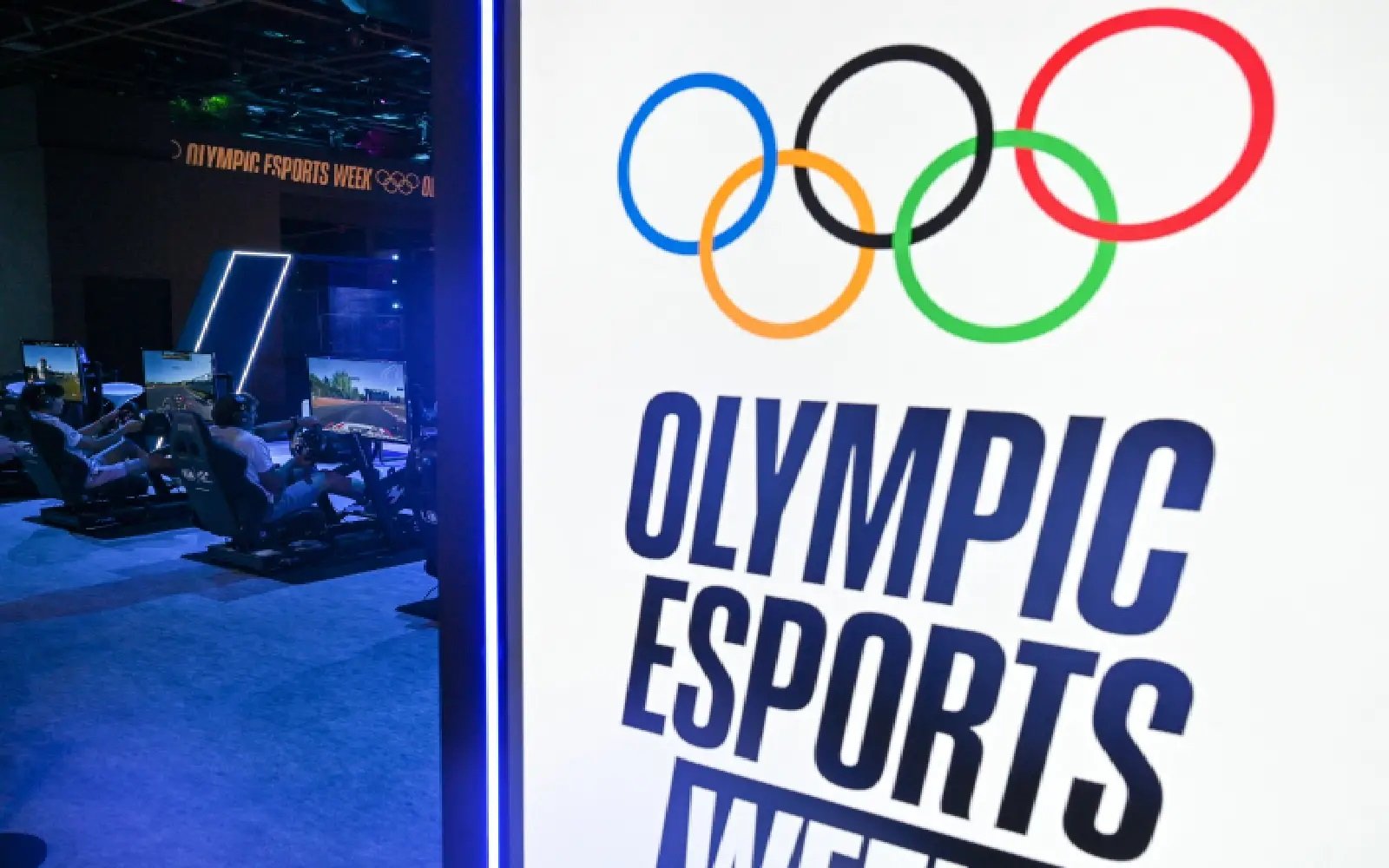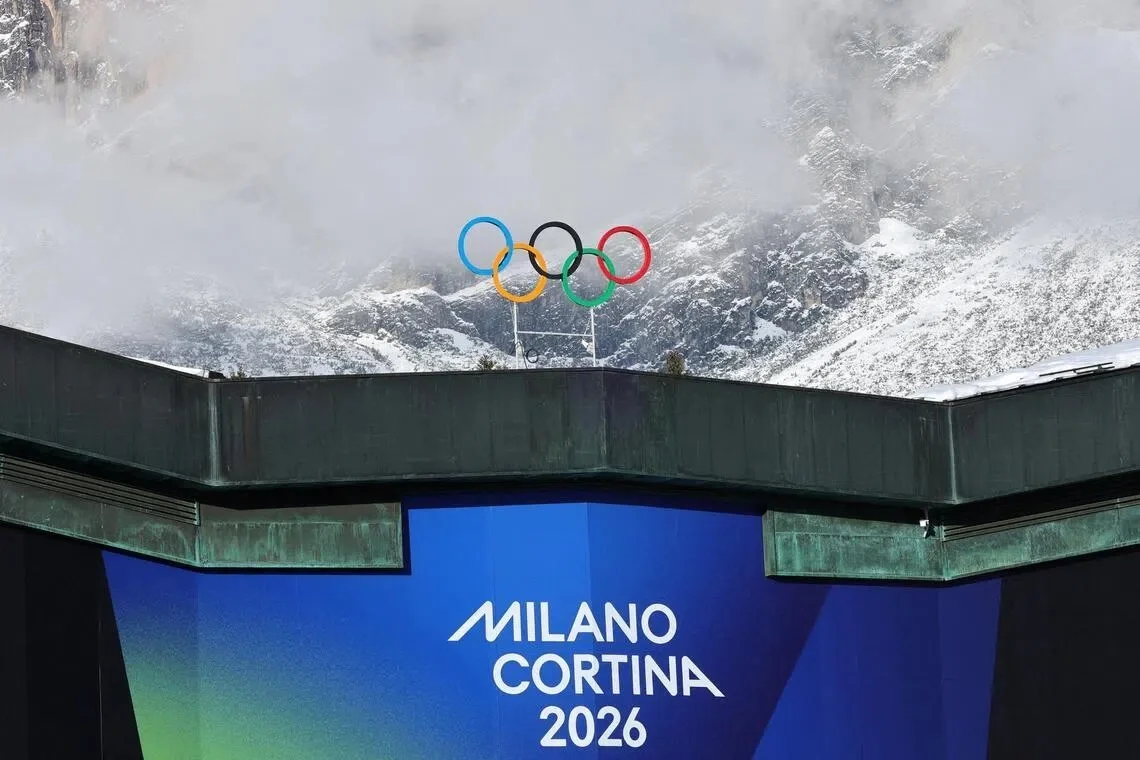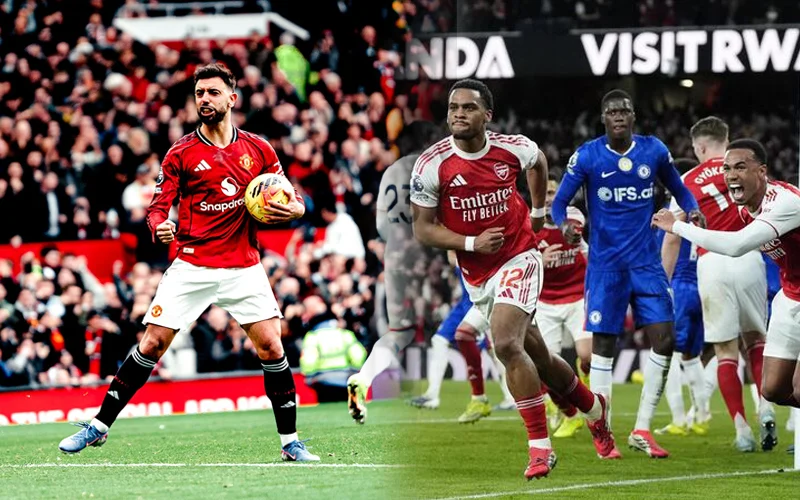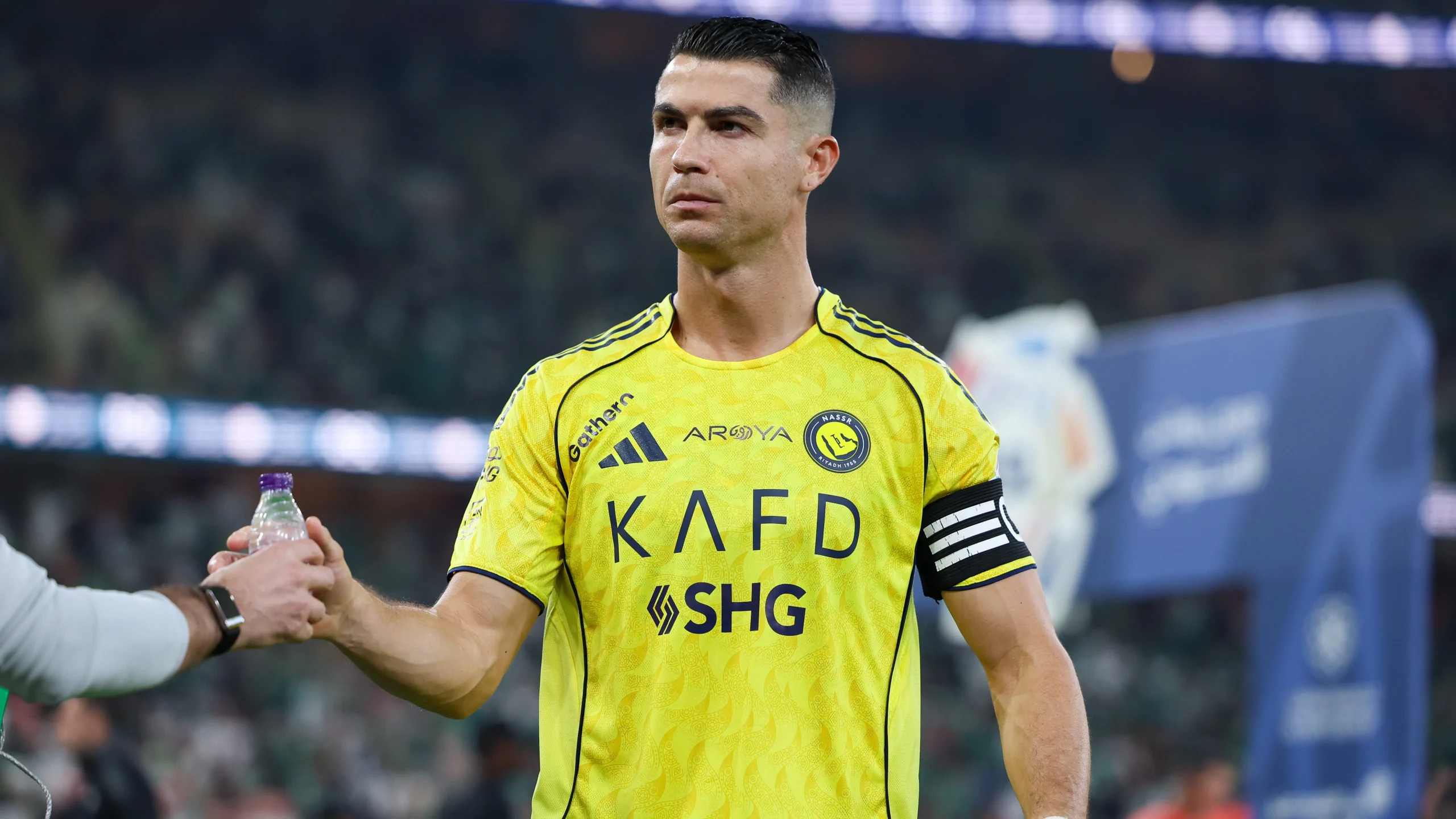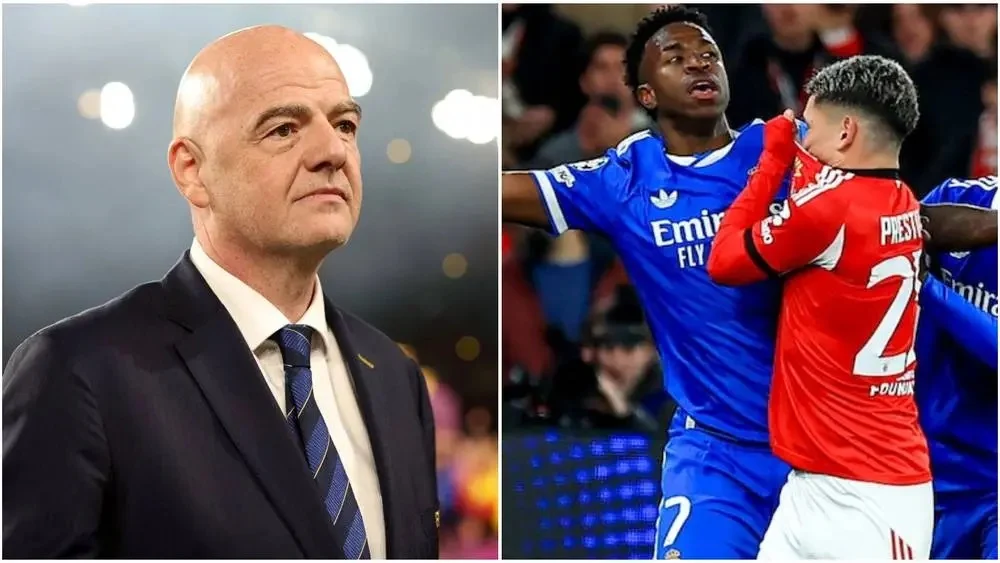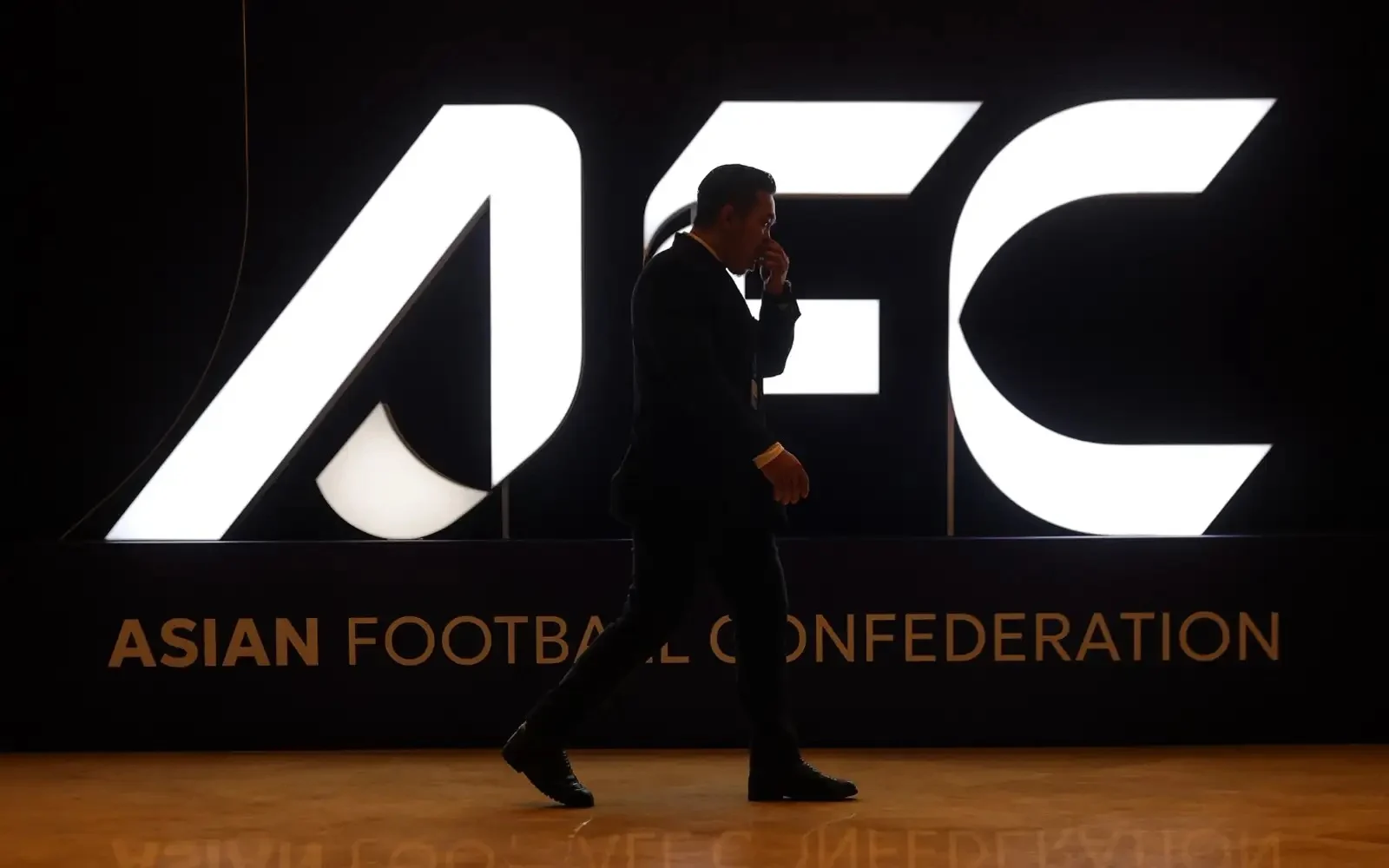The International Olympic Committee (IOC) and Saudi Arabia have officially terminated their strategic partnership aimed at organizing and developing esports. Originally conceived as a 12-year collaboration, the agreement was brought to an abrupt end after only approximately 14 months, as both parties discovered they held fundamentally different visions for the future direction of esports development.
This premature dissolution carries significant implications, notably the cancellation of the inaugural Olympic Esports Games, which had been scheduled to take place in Riyadh in 2027. The ambitious 12-year partnership, focused on advancing the esports sector, was first announced during the Paris 2024 Olympic Games, setting high expectations for its potential impact.
However, following extensive discussions between the IOC and the Saudi Arabian Olympic and Paralympic Committees, a joint decision was made to conclude the collaboration. An IOC statement released on October 30 elaborated on the situation, indicating that ‘in the past, both parties, as well as the Esports World Cup Foundation (EWCF), met frequently and reviewed these issues. They also agreed to terminate this cooperation on the plan to organize the Olympic Esports Games. At the same time, both parties have committed to promoting their esports vision in their own ways.’
The IOC has, in recent years, actively explored opportunities to integrate esports into the broader Olympic movement. A key driver behind this initiative is the Olympic body’s desire to engage with and attract younger generations to sports through the popular medium of competitive gaming. This aspiration was a primary motivation for the IOC’s initial collaboration with Saudi Arabia, seeking to leverage their resources and influence to accelerate esports development.
Saudi Arabia, a nation characterized by its substantial financial capital, has invested billions of dollars into the global sports landscape over the past decade. This extensive investment spans various high-profile sports, including football, Formula One racing, boxing, and golf. In the esports realm, Saudi Arabia has demonstrated its commitment by reportedly spending over $100 million in the last two years alone to host the Esports World Cup. This event has proven highly attractive to professional esports players and teams worldwide, largely due to its exceptionally generous prize pools.
This contrasting approach lies at the heart of the partnership’s downfall. While Olympic competitions traditionally prioritize honor, national prestige, and the pursuit of medals—with financial rewards typically coming from governmental support or sponsorships rather than direct prize money from organizers—Saudi Arabia’s esports strategy has heavily emphasized lucrative financial incentives. This fundamental divergence in philosophy regarding the core value proposition of competitive esports ultimately led to the termination of the agreement between the IOC and Saudi Arabia.
Moving forward, the IOC plans to re-evaluate and reorganize its Olympic esports strategy, with a particular focus on identifying new partners to help bring its vision for competitive gaming to fruition.

